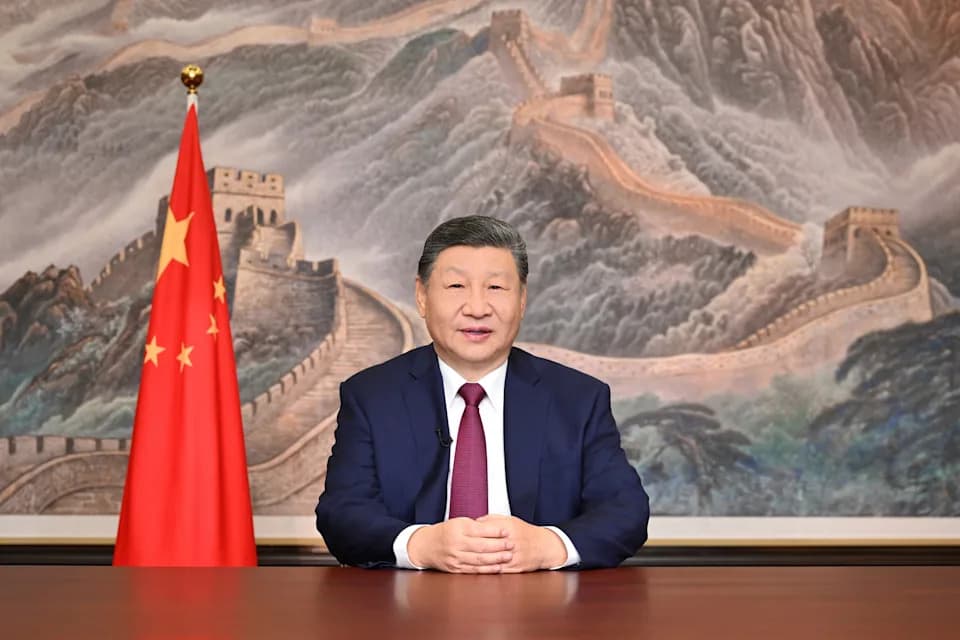China has advised its citizens not to travel to Japan and summoned Japan’s ambassador after Prime Minister Sanae Takaichi said a Chinese attack on Taiwan could be a "survival-threatening" situation for Japan. Beijing warned of a "crushing" response to any Japanese intervention and cited risks to Chinese travellers, while major Chinese carriers offered refunds for flights to Japan through year-end. Both countries have exchanged diplomatic protests and strong public statements, though Tokyo says its Taiwan policy remains unchanged and Takaichi has refused to retract her comments.
China Advises Citizens Against Travel to Japan After New PM’s Taiwan Remarks

China urges citizens to avoid travel to Japan amid diplomatic row
China has advised its citizens not to travel to Japan and summoned Japan’s ambassador after comments by Japan’s newly elected prime minister about Taiwan, triggering a sharp diplomatic exchange between the two regional powers.
Last week, 64-year-old Sanae Takaichi, who was elected Japan’s first female prime minister last month, told parliament that a Chinese attack on Taiwan could amount to a "survival-threatening situation" for Japan and might prompt a military response. Beijing responded by warning Tokyo that any intervention would risk a "crushing" defeat and by citing safety concerns for Chinese nationals visiting Japan.
"Recently, Japanese leaders have made blatantly provocative remarks regarding Taiwan, severely damaging the atmosphere for people-to-people exchanges," read a post on WeChat from China’s embassy in Tokyo. The post added that the foreign ministry and Chinese diplomatic missions in Japan "solemnly remind Chinese citizens to avoid travelling to Japan in the near future."
China's largest airlines offered full refunds on flights to Japan booked for travel before the end of the year, and both countries have summoned each other’s ambassadors in recent days. Japan’s chief cabinet secretary, Minoru Kihara, called Beijing’s travel advisory "inconsistent with the promotion of a strategic and mutually beneficial relationship." Tokyo has, however, emphasized that its position on Taiwan — about 62 miles (100 km) from Japan’s nearest island — remains unchanged.
Despite the escalation, Prime Minister Takaichi has declined to retract her remarks and said they align with Japan’s long-standing policy of strategic ambiguity. Under security legislation passed in 2015, Japan may exercise the right of collective self-defence in specific circumstances, including if there is a clear danger to the nation’s survival.
The dispute further intensified after Xue Jian, the Chinese consul general in Osaka, reposted an article about Takaichi’s comments on the social platform X and added a now-deleted inflammatory remark. Tokyo summoned China’s ambassador over the comment, which Japan called "extremely inappropriate," and some Japanese lawmakers called for the consul’s expulsion. Chinese state media have also run critical editorials.
China and Japan remain major trading partners, but long-standing mistrust, territorial disputes and rising defence expenditures have strained relations. Beijing maintains that Taiwan — which Japan governed until 1945 — is part of Chinese territory and has not ruled out using force to bring it under Beijing’s control.
What happens next: Diplomatic lines between Tokyo and Beijing remain tense. Both sides have recalled envoys for consultations, and international observers will be watching for any further escalations or efforts at de-escalation.
Help us improve.


























